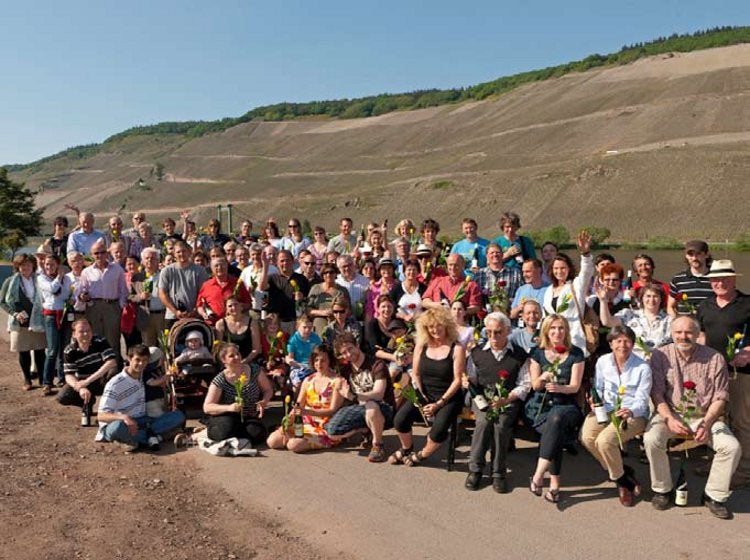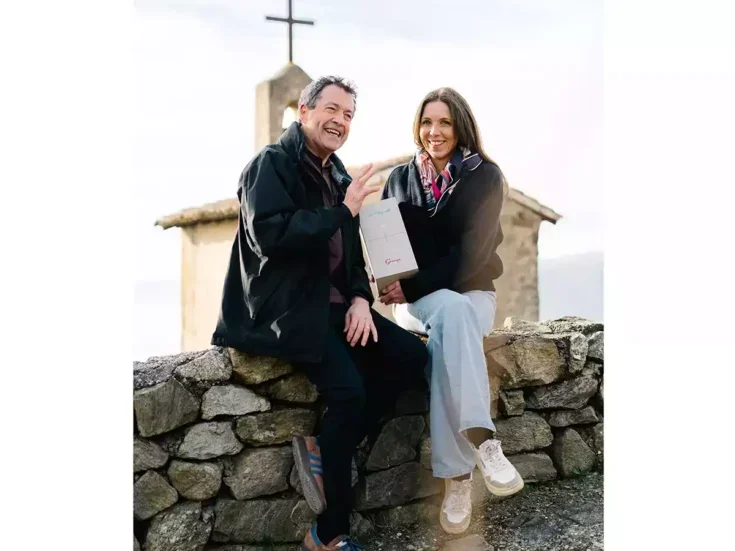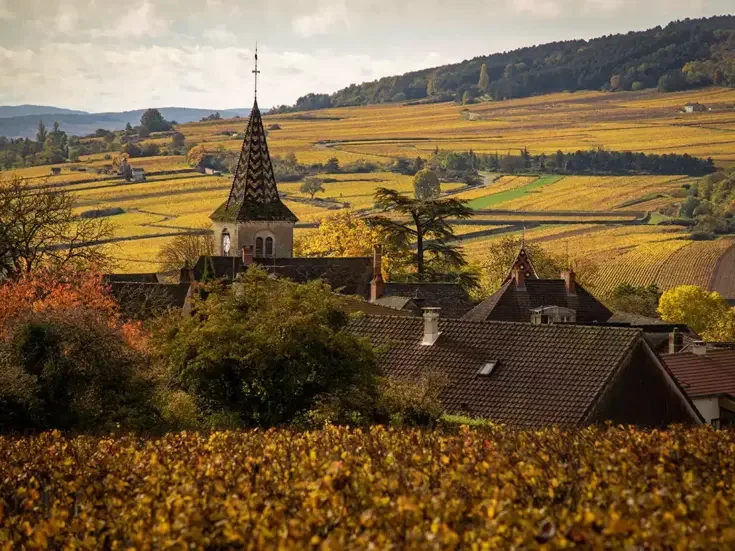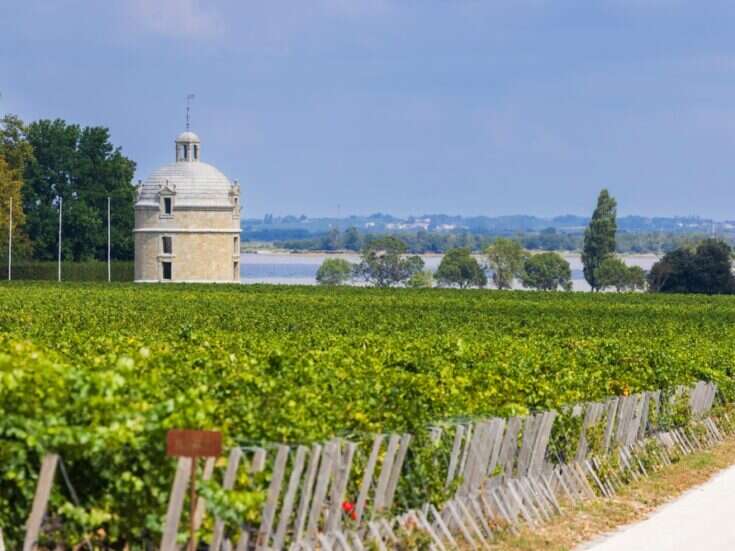
In a move that looks likely to spell the end for the campaign to prevent the construction of a huge road bridge across the Mosel Valley, the Green Party in the Rheinland-Pfalz region has voted not to oppose the project rather than risking its position in a coalition with the Social Democratic Party (SPD) in the regional assembly.
The news came as a huge blow to the active anti-bridge, pro-Mosel group of wine growers, environmental activists, wine writers, and wine lovers, who had hoped that the Greens would fight for the end of the project as a condition of joining the coalition during talks with the SPD after elections in the region in April. It soon emerged that the Greens feared that the Rheinland- Pfalz minister-president and local SPD boss Kurt Beck would instead open talks with the center-right Christian Democratic Party if they were not prepared to endorse the bridge, and the Greens were not willing, in the words of the antibridge campaign coordinator Sarah Washington, “to call Beck’s bluff.”
Washington was predictably scathing in her criticism of the Greens, claiming that “there was no will from the Green Party in Rheinland-Pfalz to stand up for German culture or a new transport agenda,” adding: “Ultimately, the reason the Green negotiators did not listen to the intense pressure from the rest of Germany and the world was because they think it is better to rule than to stand on principle.”
The news came just days after more than 80 members representing 40 wineries had gathered at Wehlen in the Mosel to register their protest and provide a photo opportunity to spread publicity about the campaign. “How can I explain to my customers that this wine is worth something, when they see that the landscape it comes from is treated with utter contempt?” said Ürzig winemaker Johannes Schmitz at the event.
The group claims that the 1-mile- (1.7km-) long, 525ft- (160m-) high bridge and the 5-mile (8km) stretch of road that is planned to be built above vineyards have the potential to destroy some of the Mosel Valley’s most celebrated vineyard sites, as well as damaging the local tourist industry and the quality of life for local inhabitants. There are also concerns about its cost, with some estimates predicting a total bill of ¤1 billion for the road’s construction.
“We still have so much potential here in the Mosel with regards to wine growing and tourism,” said Katharina Prüm of JJ Prüm. “But to develop this, we need an intact landscape and nature.”
“We all know that such a massive movement of earth, especially above vineyards, can endanger the water distribution,” added Clemens Busch from Pünderich. “Up to now, it is perfect, as the wines prove.”
A battle won, if not yet the war
There was better news for environmental campaigners fighting to protect vineyards in Australia, when Western Australia’s environmental watchdog, the Environmental Protection Agency, ruled that a proposal to mine coal under land near to the Margaret River wine region would not be permitted, since it posed “significant” risks to the local water supply,
The proposal, by mining company Vasse Coal, had been vigorously opposed by local Margaret River producers, who claimed that the plan held great risks for the wine business because of the possibility of pollution in local aquifers.
Another coal business, LD Operations, has said it will appeal against the ban, however, claiming the EPA acted “too quickly” and without providing sufficient evidence for the consideration of the WA environment minister.







